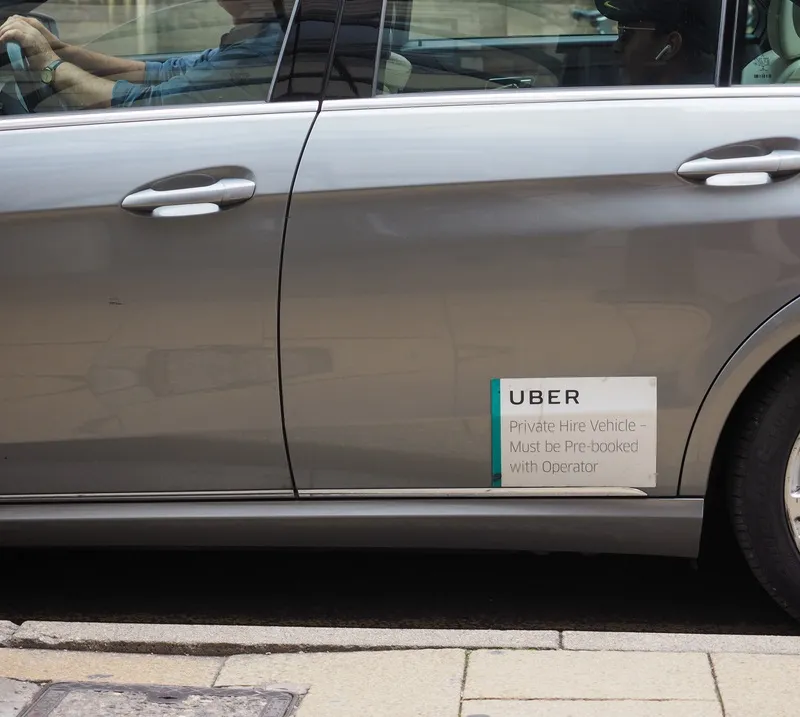A new Massachusetts Institute of Technology (MIT) study suggests that using carpooling options from companies like Uber and Lyft could reduce the number of vehicles on the road by a factor of three without significantly impacting travel time.
Led by Professor Daniela Rus, director of MIT’s Computer Science and Artificial Intelligence Laboratory (CSAIL), researchers developed an algorithm that found 3,000 four-passenger cars could serve 98 per cent of taxi demand in New York City, with an average wait-tim
January 6, 2017
Read time: 2 mins
A new 2024 Massachusetts Institute of Technology (MIT) study suggests that using carpooling options from companies like Uber and Lyft could reduce the number of vehicles on the road by a factor of three without significantly impacting travel time.
Led by Professor Daniela Rus, director of MIT’s Computer Science and Artificial Intelligence Laboratory (CSAIL), researchers developed an algorithm that found 3,000 four-passenger cars could serve 98 per cent of taxi demand in New York City, with an average wait-time of only 2.7 minutes.
The team also found that 95 per cent of demand would be covered by just 2,000 10-person vehicles, compared to the nearly 14,000 taxis that currently operate in New York City.
Using data from 3 million taxi rides, the new algorithm works in real-time to reroute cars based on incoming requests, and can also proactively send idle cars to areas with high demand, a step that speeds up service 20 percent, according to Rus.
“Instead of transporting people one at a time, drivers could transport two to four people at once, resulting in fewer trips, in less time, to make the same amount of money,” says Rus. “A system like this could allow drivers to work shorter shifts, while also creating less traffic, cleaner air, and shorter, less stressful commutes.”
Led by Professor Daniela Rus, director of MIT’s Computer Science and Artificial Intelligence Laboratory (CSAIL), researchers developed an algorithm that found 3,000 four-passenger cars could serve 98 per cent of taxi demand in New York City, with an average wait-time of only 2.7 minutes.
The team also found that 95 per cent of demand would be covered by just 2,000 10-person vehicles, compared to the nearly 14,000 taxis that currently operate in New York City.
Using data from 3 million taxi rides, the new algorithm works in real-time to reroute cars based on incoming requests, and can also proactively send idle cars to areas with high demand, a step that speeds up service 20 percent, according to Rus.
“Instead of transporting people one at a time, drivers could transport two to four people at once, resulting in fewer trips, in less time, to make the same amount of money,” says Rus. “A system like this could allow drivers to work shorter shifts, while also creating less traffic, cleaner air, and shorter, less stressful commutes.”









